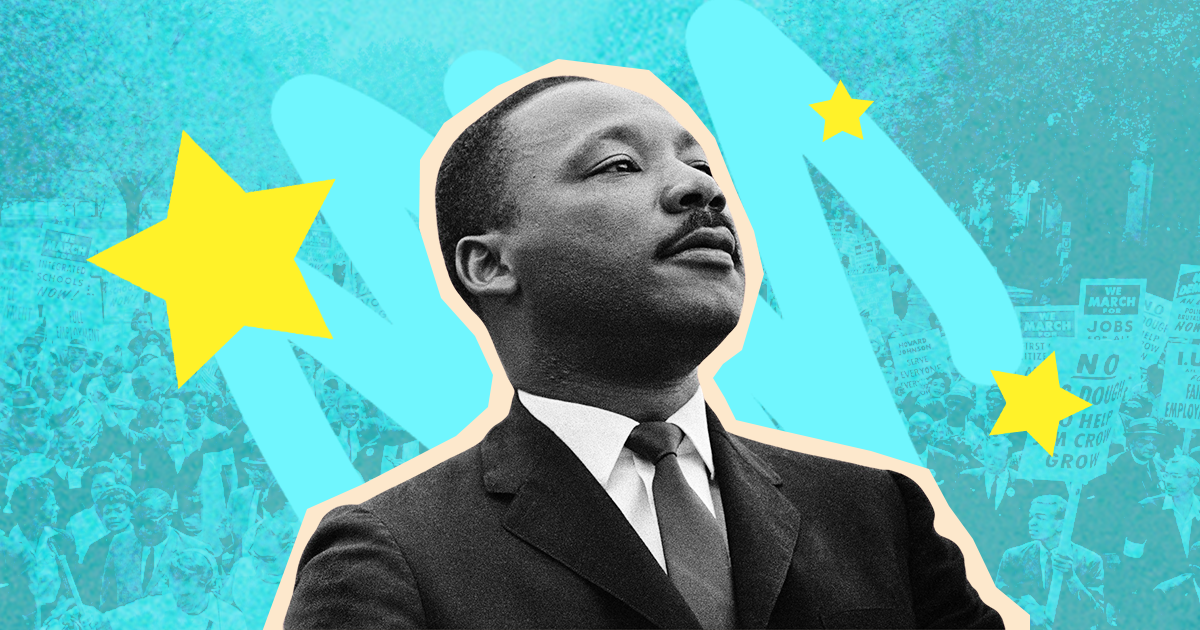Dr. Martin Luther King Jr.’s Legacy in 2024

Fifty-six years ago today, Rev. Dr. Martin Luther King, Jr. was assassinated in Memphis, Tennessee.
He spent his 39 years of life organizing everyday people to demand a better United States. Whether he was fighting for equitable opportunities for Black Americans, voting rights, or economic justice, Dr. King was a tremendous leader of his time.
But a leader is only as strong as the people they organize, the movement they build, and the collective vision they create. So today, I’m thinking about the 80 year old Black woman who came to our phonebank at the public library every Thursday in Greenville, NC during the 2016 election.
She always wore a color-coordinated outfit and would stay for an hour, calling as many numbers as she could. In a sweet but firm voice, she would get a plan to vote out of every single person she talked to because, as she liked to remind folks, people died for this.
The legacy of Rev. Dr. Martin Luther King, Jr. is one of a struggle unfinished—a struggle that thousands of everyday people put their lives on the line for. Just like Dr. King didn’t do his work alone, it’s going to take all of us to make a more inclusive democracy a reality.
It’s important to remember this today more than ever. It is our collective action that will create the change we need.
The battles we are facing today for our democracy and our freedoms are eerily similar to the battles fought 70 years ago—with a few modern twists thrown in.
We’re still fighting for federal voting protections while dealing with states increasingly passing voter suppression laws. We’re seeing conservative-controlled campaigns to undermine direct democracy and underhanded tactics to dilute the power of voters. All the while, the MAGA frontman himself—Donald Trump—is under federal indictment for attempting to overturn the 2020 election results while running to be president…again.
Democracy itself is on the ballot this year, and we can’t afford to leave it undefended.
Dr. King said, “So long as I do not firmly and irrevocably possess the right to vote, I do not possess myself. I cannot make up my mind—it is made up for me. I cannot live as a democratic citizen, observing the laws I have helped to enact—I can only submit to the edict of others.”
